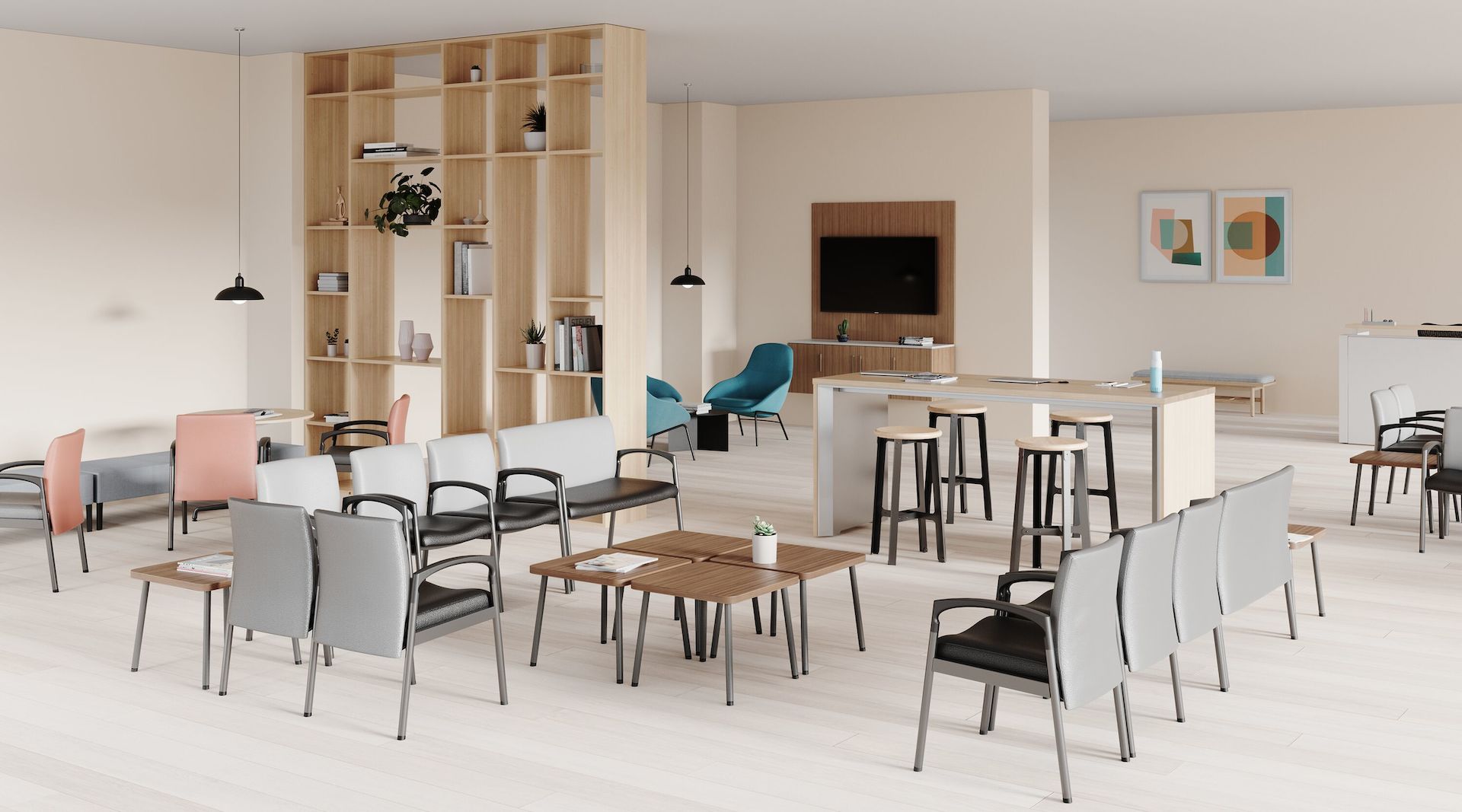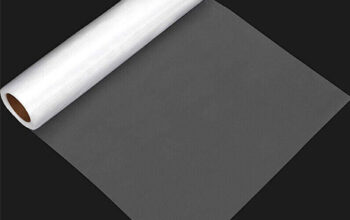Every laboratory is unique. From specialized workflows and equipment to hygiene standards and space constraints, no two labs have exactly the same requirements. That’s why off-the-shelf furniture doesn’t always provide the optimal combination of comfort, performance, and compliance. For many organizations, custom laboratory chair solutions are the best way to meet both operational needs and ergonomic goals.
An experienced laboratory chair manufacturer can deliver a range of customizable options that go far beyond basic features. If you’re planning to invest in new lab seating, it’s worth understanding what custom solutions can offer and how they can improve productivity, safety, and long-term value.
Tailored Ergonomic Adjustments
Laboratory tasks often involve repetitive movements, prolonged sitting, and work at varied surface heights. Standard chairs may not always accommodate these demands. Manufacturers offering custom solutions can tailor ergonomic features such as:
- Seat height range: Extended height cylinders allow technicians to work comfortably at higher benches or microscopes.
- Backrest design: Contoured backrests can be shaped to provide lumbar support suited to different body types.
- Armrest options: Adjustable, removable, or pivoting armrests support a variety of tasks and preferences.
- Seat pan dimensions: Wider or narrower seat pans help fit users more precisely and improve circulation.
These adjustments reduce fatigue, promote good posture, and help prevent repetitive strain injuries.
Specialized Materials and Finishes
Laboratories frequently work with chemicals, solvents, and disinfectants that can quickly degrade standard chair upholstery and frames. Custom manufacturing allows you to specify materials that suit your facility’s environment:
- Chemical-resistant vinyl or polyurethane: Withstands frequent cleaning and exposure to harsh agents.
- Antimicrobial fabrics: Inhibit the growth of bacteria and mold.
- ESD-safe materials: Protect sensitive equipment in electronics labs.
- Cleanroom-compatible finishes: Meet ISO classifications for low particle emissions.
By specifying the right materials, you extend the lifespan of your investment and maintain compliance with strict hygiene protocols.
Base and Mobility Options
Different lab environments have different mobility requirements. In some settings, stability is essential; in others, chairs need to move easily between workstations. Manufacturers can customize bases to suit your needs:
- Casters: Soft casters for hard floors, hard casters for carpets, or locking casters for safety.
- Glides: Fixed feet that keep the chair securely in place.
- Foot rings: Adjustable foot supports for high seating positions.
- Heavy-duty bases: Reinforced structures for higher weight capacities.
These details help ensure safe, smooth operation in any lab environment.
Aesthetic Customization
While function comes first in labs, appearance still matters. Custom laboratory chairs can be finished to reflect your facility’s branding or to help organize workspaces:
- Upholstery colors: A wide range of color choices to match other furniture or create visual separation between departments.
- Frame finishes: Powder-coated or polished options for different aesthetics.
- Custom labels or logos: Branding elements can be added to create a professional look.
These touches reinforce your organization’s identity and make it easier to manage equipment inventory.
Modular Components and Configurations
Another benefit of custom solutions is the ability to specify modular configurations. This allows you to:
- Replace components independently (like seat cushions, backrests, and casters)
- Adapt the chair to different tasks over time
- Reduce waste by upgrading parts instead of replacing the entire chair
Modularity adds long-term flexibility and reduces ownership costs.
Enhanced Performance Certifications
Many custom laboratory chairs are also designed to comply with rigorous standards, such as:
- ANSI/BIFMA safety and durability testing
- ISO cleanroom classifications
- CAL 117 and BS 7176 fire retardancy requirements
When you work directly with a manufacturer on a custom order, you can request documentation and testing to confirm compliance with the relevant standards for your sector.
Support and Consultation
Reputable manufacturers don’t just sell you a chair—they guide you through the selection and customization process. This can include:
- On-site assessments to evaluate workflow and layout
- Ergonomic recommendations tailored to your staff
- CAD renderings of proposed solutions
- Prototypes or samples for testing before placing a full order
This collaborative approach ensures your chairs are built to solve the right problems and deliver real-world benefits.
Conclusion
Custom laboratory chair solutions can transform your workspace by combining ergonomic comfort, compliance, and durability tailored to your exact needs. From specialized materials and modular parts to aesthetic options and advanced certifications, manufacturers offer a wide range of ways to configure seating that truly fits your laboratory. Investing in custom seating is not only a commitment to staff well-being but also a smart strategy for enhancing productivity and protecting your long-term investment.


